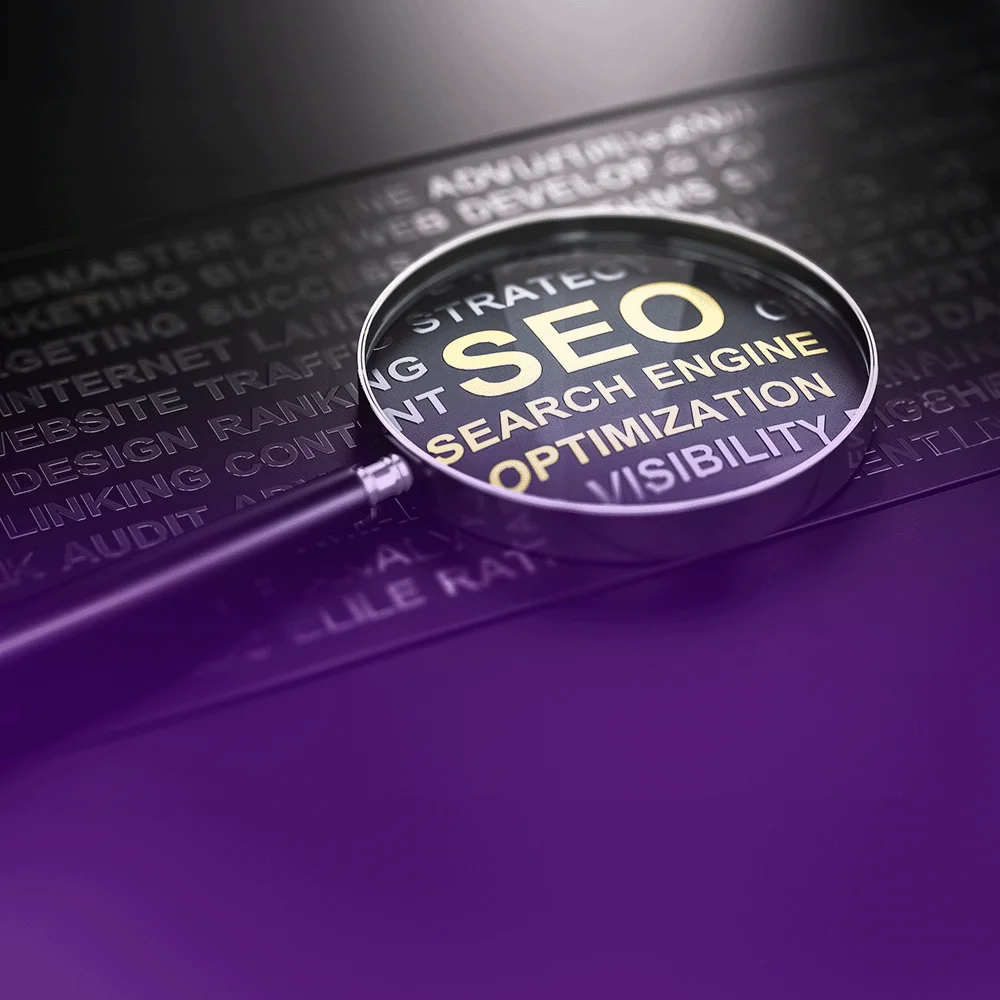What is E-Commerce SEO and Why It Matters?

SEO, often referred to as Search Engine Optimisation, is a highly effective strategy for generating high-quality leads for your website. It establishes a pathway for organic visitors. According to a study, search engines contribute to 53% of the traffic to eCommerce websites.
In the competitive digital commerce landscape, SEO stands out as the most efficient marketing strategy, and the outcomes it delivers have a lasting impact.
What is E-Commerce SEO?

This Optimisation aims to make your store appear at the top of SERP (Search Engine Result Pages), typically alongside paid ads or Google Shopping ads. When your site ranks higher, it receives more traffic. However, achieving successful sales and conversions depends on various factors, including providing a highly appealing user experience.
How Does E-Commerce SEO Work?
In contrast to paid ads, where you pay per click for web store traffic, SEO allows you to capture relevant traffic at minimal cost. Major search engines like Google, Bing, and Yahoo rank your web store based on its SEO.
To enhance your e-commerce SEO, focus on optimising the content on your web store. This can be achieved through comprehensive product pages, well-optimized product descriptions, the inclusion of a blog, or conducting a technical website audit.
To improve your web pages’ rankings on SERPs, ensure that your website is optimized for search engines. Key factors include the choice of keywords for page targeting, the technical configuration of your web store, and ensuring it is mobile-friendly. All these factors play a crucial role in your e-commerce SEO and determine whether your web pages rank well on platforms like Google.
What is the Importance of SEO for E-Commerce Stores?

Improving the quality of leads:
Boosting organic traffic:
Setting you apart from competitors:
Expanding your audience:
Enhancing credibility:
Targeting specific customer needs:
Long-term growth:
optimising product pages:
Enhancing remarketing effectiveness:
Filling the sales funnel:
Key Benefits of Implementing SEO Strategies For eCommerce Store

Enhanced Online Visibility: SEO works to improve your website’s ranking on search engines, leading to increased online exposure. This increased visibility attracts more traffic and recognition for your store, making it more prominent on the internet.
Cost-Effective Marketing: Unlike paid advertising methods such as pay-per-click (PPC) and cost-per-impression (CPM), SEO is a cost-efficient marketing approach that can significantly boost your company’s sales. Investing in SEO can yield long-term results for your eCommerce business at a reasonable cost, contributing to your business’s success.
Improved User Experience: Website visitors tend to leave sites that take more than three seconds to load from search results. To address this, optimising user experience (UX) through tools like page speed insights is essential. A seamless and intuitive website experience increases user engagement, reduces bounce rates, and boosts conversion rates. Numerous studies underscore the importance of UX in e-commerce SEO.
Wrapping Up






